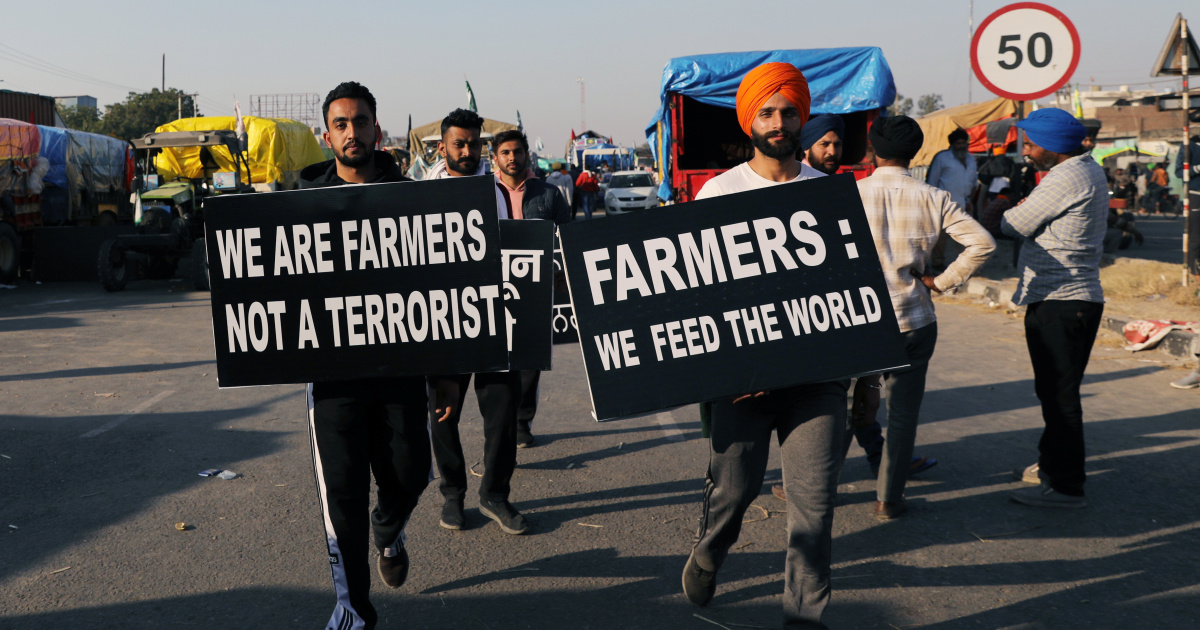

By Gurman Sidhu
INDIA — In September 2020, the Parliament of India passed three laws that forced over two million people worldwide to protest and thousands in India to unite and gather at the Indian Capital.
For the past three months, farmers have been living on these streets while they attempt to convince the Indian government to abolish these laws.
The first law allows unregulated trade where big corporations could come into the market and buy goods from farmers at low prices. The second law creates a system in which business contracts between farmers and corporations would not have any oversight, allowing corporations to decide on terms and prices that benefit them. The third law eliminates storage limits that were previously set by the government to control prices.
Together these laws will alleviate the rules regarding the sale, pricing and storage of crops, which will allow the rich to exploit poor Indian farmers. The minimum support prices that the government offers for many crops would also be taken away from these farmers.
After the Green Revolution in India that began decades ago, the government helped farmers produce more crops and regulate their trade. However, this project came with many cons, such as the use of fertilizers which have killed many crops indirectly increasing the cost of farming. Of the 1.4 billion citizens of India, nearly half make up the country’s labor force. Yet, agriculture went from accounting for almost 50 percent of the nation’s economy to only 15 percent, today. The decrease in the agricultural economy correlates to the drop in how much farmers earn.
In a study covered by the Hindustan Times Analysis, it was revealed that the income of farmers from 2018-2019 has been on average $140 (10,329 Indian Rupees) a month. This is a result of the nearly 52 percent of farmers who are in debt. These Indians rely on farming to put food on their tables and provide a roof over their heads. Though many of them being unable to do so, the nation has developed a suicide crisis amongst farmers. Today, approximately 20,000 farmers have committed suicide due to the poverty they face.
The government’s new laws will strive to make the long history of poverty amongst farmers even more extensive.
The farmers have recently announced that on the 26th of January 2021, the Republic Day of India, that there will be a rally with over a hundred thousand tractors driving through India’s capital. As protests continue, they have made it clear: they will not go home without justice being served.